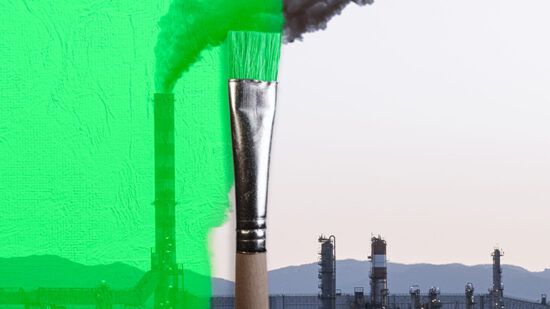Investors should take the ‘social’ aspect of ESG more seriously than ever, according to Amundi Asset Management in a report entitled The Day After – Inequality in the context of the Covid-19 crisis, which explores the link between pandemics and rising social inequality.
The report looks at how the pandemic is likely to affect the most disadvantaged social groups and how government responses could lead to profound social changes that investors must take into account.
According to the report: “Up until the Covid-19 crisis, investor mobilization on social inequality had been (very) limited by certain factors.
“First, a lack of global (and sometimes regional or local) consensus on the levels of inequality deemed acceptable from a social and economic point of view…
“Second, and in part as a result of these divergences, there is a lack of methodological and technical tools for investors to integrate this dimension into their investment policies.”
Turning point
However, Amundi believes the pandemic will “allow us to turn a corner”, accelerating “the integration of inequalities into investors’ investment policies and practices” and driving policy responses from governments.
“The short-term responses from public policy makers, if they take place, will undoubtedly reshape the economic landscape, in terms of fiscal policies and redistribution, wage policies, regulation, consumer habits and so on,” the report said.
The policy responses could include massive budgetary transfers to the most disadvantaged groups, wage revaluation policies for the lowest incomes and policies that aim to increase the contribution of the most favoured economic and social groups to the reconstruction effort.
Implications for investors
In this environment, Amundi believes investors will need to include the ‘inequality dimension’ in their analysis of companies and their engagement policies, as the ‘S’ component has an increasing impact on security prices.
In fact, the group’s research has found that the ‘S’ pillar has already been “the big ‘ESG’ performer” since the beginning of the coronavirus crisis, especially in the US.
“It should also be noted that the investment universe we have built, based on the relative contribution of companies to social inequalities, outperformed its index by 119 basis points over the period February-April 2020,” the asset manager said.
As a result of this shift, Amundi predicts a “new asset class hierarchy should emerge”, which the group intends to look at in more detail in future publications.
“Ultimately, we believe that the social issue, which was already becoming increasingly important in the eyes of investors, will become a central focus in the years to come,” the group said.
The report urges investors to incorporate the issue of inequality into their assessment of both countries and individual companies and to push companies to improve on these issues through engagement and voting.
“From a stylised risk perspective alone, it could be that a large company whose model is based on a low-wage policy for average employees, massive pay gaps, a lack of employee profit-sharing schemes and the massive optimisation of its revenues could see this model challenged by societies and political systems in the coming years.”








